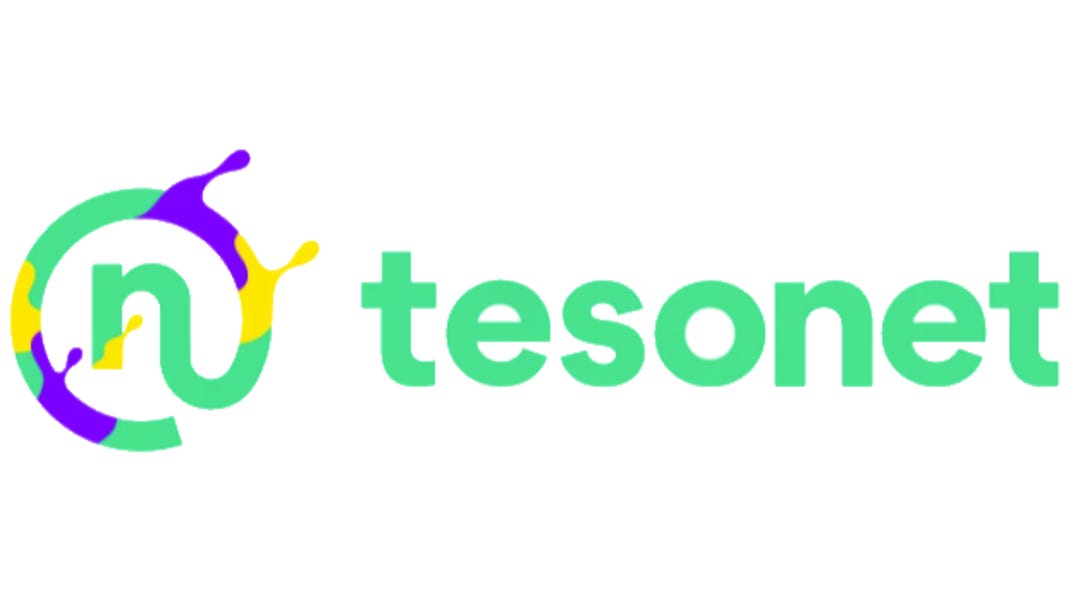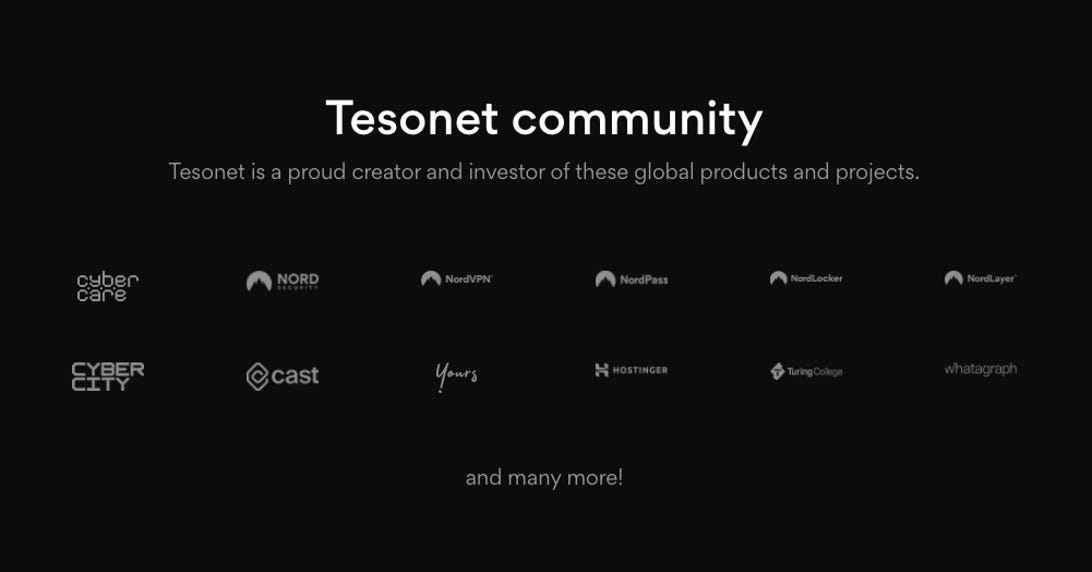
Tesonet is a Lithuanian IT business incubator with ties to both Surfshark and NordVPN, two major VPN companies.
TesonetSurfshark and NordVPN, two of CNET’s top picks for virtual private networks, share ties to the same company, according to new reports. Vytautas Kaziukonis, founder and CEO of Surfshark, revealed Thursday to Lithuanian news site Verslo žinios that Surfshark was developed with the help of IT business incubator Tesonet, a Lithuanian IT business incubator and accelerator based in Vilnius, according to a report from TechRadar. (The original story is in Lithuanian and behind a paywall.) Tesonet, is also affiliated with NordVPN, another big player in the VPN industry.
The disclosure is a rare glimpse into the all-too-often murky waters of VPN ownership structures. More than ever, you want to know — and trust — the corporations that handle your data, whether it’s a streaming video provider or an online grocery store. But the issue is even more pressing when the service in question is a VPN, which users rely on for added security and privacy. And that trust needs to extend to the VPN’s corporate parents and partners as well, as was evidenced when Kape Technologies began gobbling up VPNs in recent years, sometimes tweaking their terms of service along the way. Kape purchased ExpressVPN, a rival to NordVPN and Surfshark, in 2021.


Tesonet features Nord Security and its family of products prominently on its website, but Surfshark isn’t currently mentioned.
Screenshot by CNETThe Tesonet Group helped Surfshark get off the ground, and the VPN company remained a part of the Tesonet umbrella for the first two years of its existence, according to a translation of the Kaziukonis interview with Verslo žinios cited by TechRadar. Surfshark was founded in 2018, but Tesonet doesn’t mention the VPN company on its website, while NordVPN and other Nord products are featured prominently on the group’s homepage.
So is there a partnership between Surfshark and NordVPN? No, according to Dominykas Dimavičius, Surfshark’s communications head.
“Surfshark kicked off with the help of [Tesonet], especially in terms of office space, hiring, and advice. Today, Surfshark is a completely separate company but we remain close friends with people from other Tesonet companies, have occasional events, and share knowledge about the labour market situation,” Dimavičius said in an emailed statement.
However, Dimavičius refuted any direct ties between Surfshark and NordVPN. “It’s important to highlight that Surfshark wasn’t developed with NordVPN as it’s a completely different company. Even though we operate from the same country, NordVPN is our competitor. We compete not only for the customers but also in hiring people. Tesonet as a startup incubator helped us administratively, with things that are crucial in kicking off business. However, we have nothing to do with NordVPN and its technologies or solutions.”
Tesonet and NordVPN, meanwhile, didn’t immediately respond to CNET’s requests for comment.
The revelation of the connection between Surfshark and Tesonet comes amid a wave of consolidations in the tech world at large — think Microsoft/Activision — and the VPN space in particular. Three big companies, Kape Technologies, Ziff Media and now Tesonet, now own or have ties to most of the household names in the VPN space. As it all shakes out, we’ll be double-checking terms of service and ownership structures on VPNs even more rigorously in 2022. If you rely on VPNs for added privacy and security, not just casual video placeshifting, you should, too.

